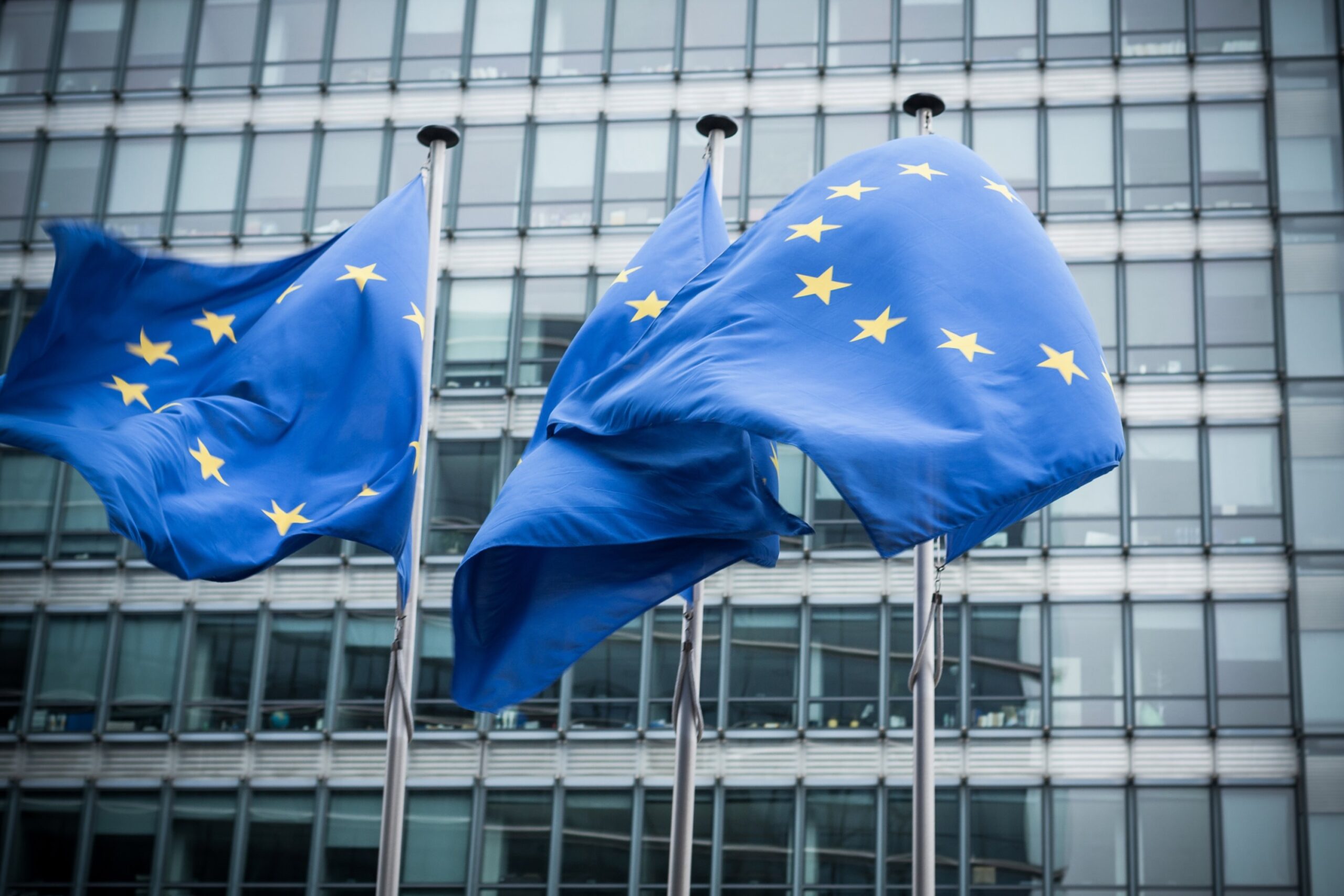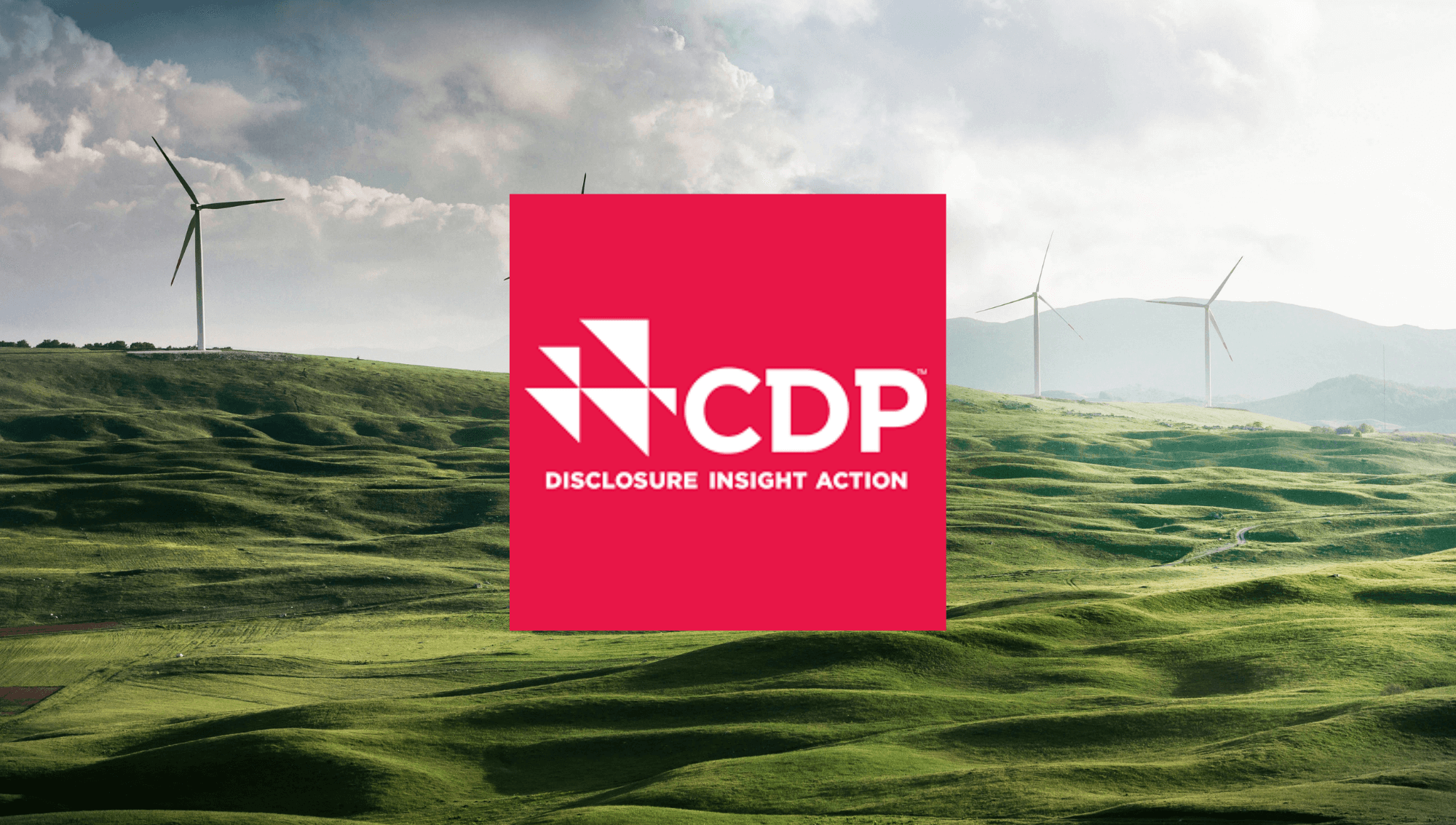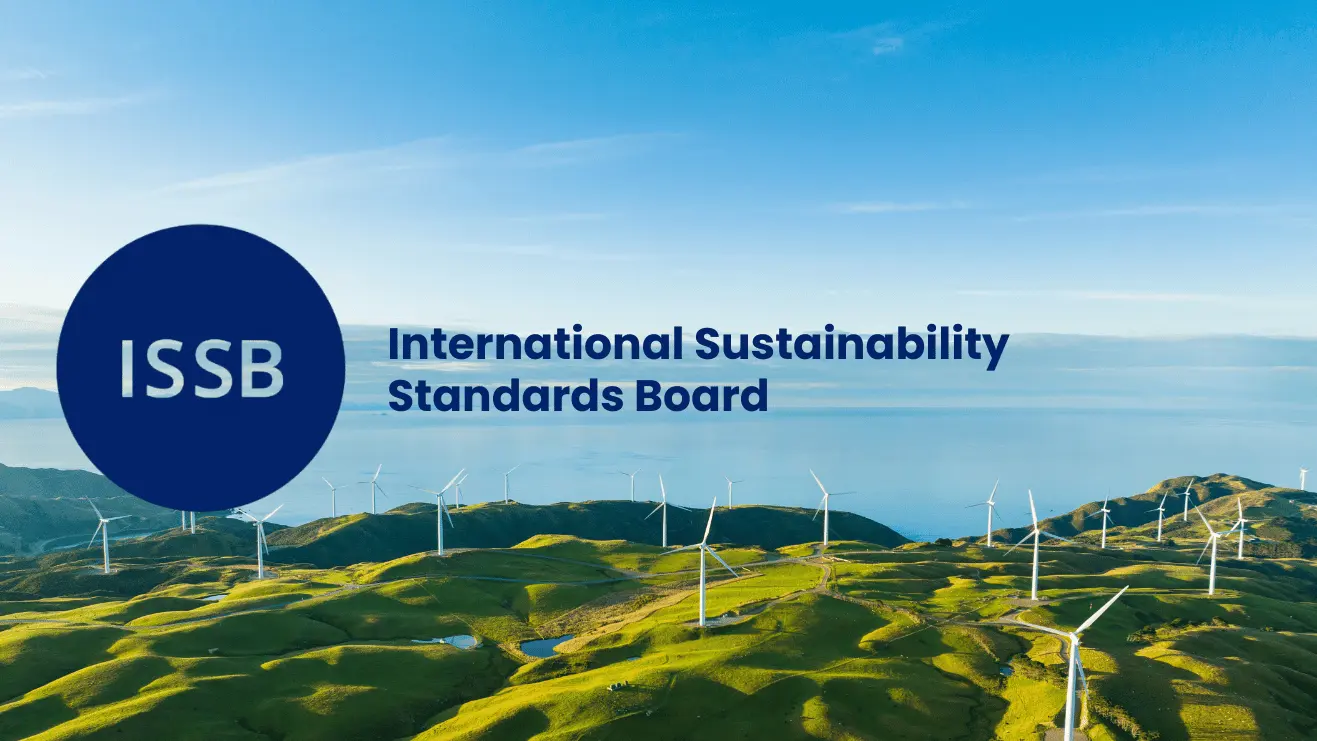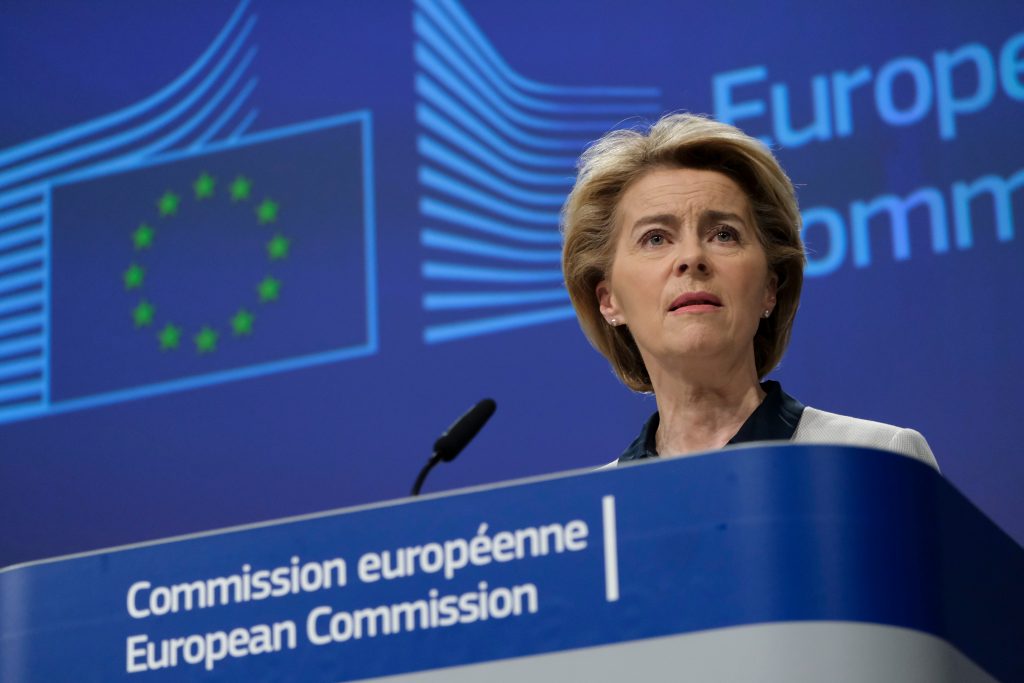Energy Transition Accelerator and World Bank Announce Strategic Collaboration to Scale Up Clean Energy Finance
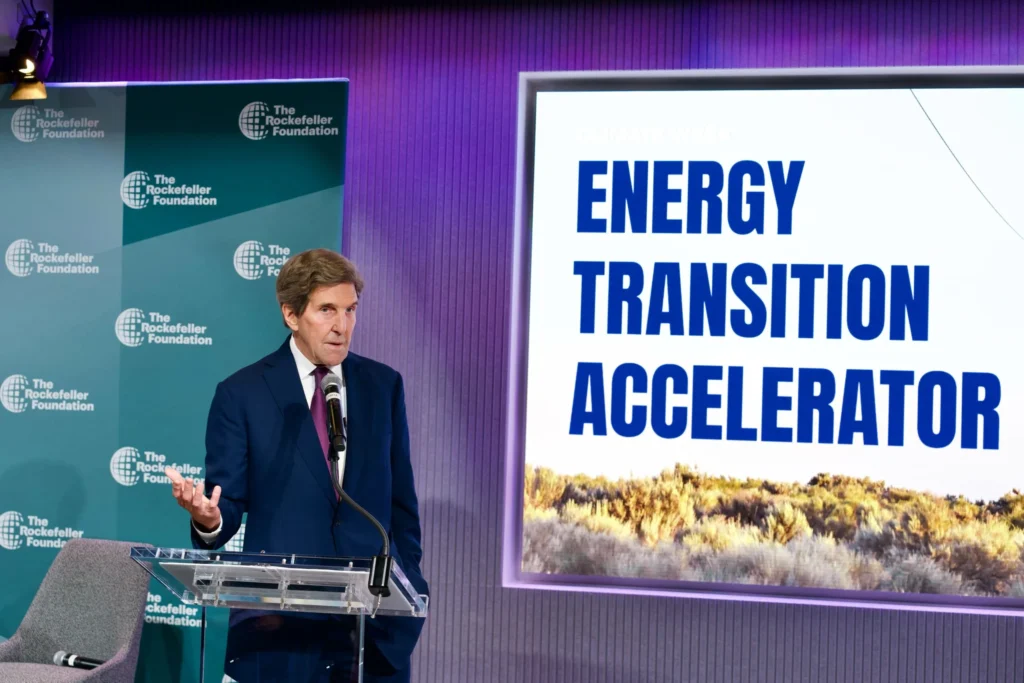
|
Listen to this story:
|
The U.S. Department of State, the Bezos Earth Fund, The Rockefeller Foundation, and the World Bank announced a strategic collaboration between the Energy Transition Accelerator (ETA) and the World Bank to mobilize finance to support just, accelerated energy transitions in developing countries.
ETA – a partnership of the State Department and the two philanthropies – aims to catalyze private capital supporting the transition from fossil fuels to clean power through innovative jurisdictional-scale carbon crediting. The World Bank and its new SCALE (Scaling Climate Action by Lowering Emissions) initiative support developing countries in developing power sector policies and carbon market infrastructure needed to generate real emissions reductions in a participatory and inclusive way.
The strategic collaboration between ETA and SCALE, announced at a Climate Week event hosted by The Rockefeller Foundation, aims to leverage the strengths of each initiative to mobilize finance for effective energy transitions. It will enable developing countries to be directly rewarded for verified emissions reductions from a pool of payments committed by public and private sector contributors.
In complementing one another, the ETA will provide an innovative crediting methodology and a coalition of private sector participants, while SCALE will provide an avenue for sovereign government buyers, as well as support for in-country capacity to deliver a supply of high-quality verified emissions reductions. The United States, the first contributor to SCALE, will work with the World Bank to enlist other contributors.
“Getting to net zero is possible only if we quickly ramp up investment to help fast-growing economies meet their power needs with clean energy,” said U.S. Special Presidential Envoy for Climate John Kerry. “The Energy Transition Accelerator and the World Bank’s SCALE initiative each bring vital tools to this effort. Working together, we can more effectively leverage both public and private finance to accelerate a just transition from dirty to clean power, drive emissions down faster, and help keep a 1.5 C limit on warming within reach.”
“Helping countries accelerate their just energy transitions can reduce emissions, strengthen economies and create jobs,” said World Bank Senior Managing Director Axel van Trotsenburg. “This will require stronger partnerships between the public and private sectors, such as the new collaboration between the World Bank and ETA, which will catalyze carbon finance for developing countries.”
Related Article: Bezos Earth Fund Announces $22.8 Million for Locally Led Restoration in Africa
“We must accelerate the global clean energy transition, full stop. This needs new and innovative financing mechanisms, bringing public and private funding together to phase out dirty fossil fuels and fast-track clean, renewable energy,” said Bezos Earth Fund President and CEO Dr. Andrew Steer. “The Energy Transition Accelerator can bring new, environmentally-sound funding to the table and leverage even more private investment toward the massive financial packages necessary to achieve this climate imperative. It’s very good news that the World Bank is joining this important coalition.”
“Because the latest data makes clear that the world is not doing enough to address climate change or meet the Sustainable Development Goals, we need to take climate actions that are in both the planet’s interest and peoples’ interests,” said Dr. Rajiv J. Shah, President of The Rockefeller Foundation. “The ETA is the sort of innovative partnership we need to unlock the capital required for investments and initiatives that lower emissions and lift up people around the world.”
According to the International Energy Agency, clean energy investment must triple to $4.2 trillion a year by 2030 to keep a 1.5°C limit on warming within reach, with more than half of that investment needed in emerging and developing economies.
The ETA will mobilize new finance by assembling a coalition of private sector companies and institutions to commit now to pay for verified reductions in power sector emissions that result from ambitious just energy transition programs in developing countries and are delivered as high-integrity carbon credits.
The jurisdictional crediting methodology being developed for the ETA by the nonprofit Winrock International will incentivize countries to intensify their near-term activities contributing to power sector decarbonization, including to deploy and utilize clean power and retire fossil fuel assets, to enhance storage capacity, transmission, and distribution, and for any needed policy shifts. The methodology will be accompanied by a mechanism for the resulting credits to generate new finance for climate adaptation and resilience in vulnerable countries.
Other organizations supporting the ETA partners in the design effort include the Center for Climate and Energy Solutions (C2ES), the Environmental Defense Fund (EDF), the Climate Policy Initiative (CPI), and the Glasgow Financial Alliance for Net Zero (GFANZ). The partners are also consulting widely with experts, governments, the private sector, and civil society, including through a High-Level Consultative Group of more than 30 stakeholders representing all geographic regions.
The World Bank has more than 20 years of experience in results-based climate and carbon finance, having managed more than $4.5 billion in carbon funds and supporting developing countries to generate and monetize emission reduction credits. Through the SCALE trust fund, the World Bank aims to scale its work in this area to support impactful climate programs across multiple sectors, from stopping deforestation to realizing just energy transitions.

